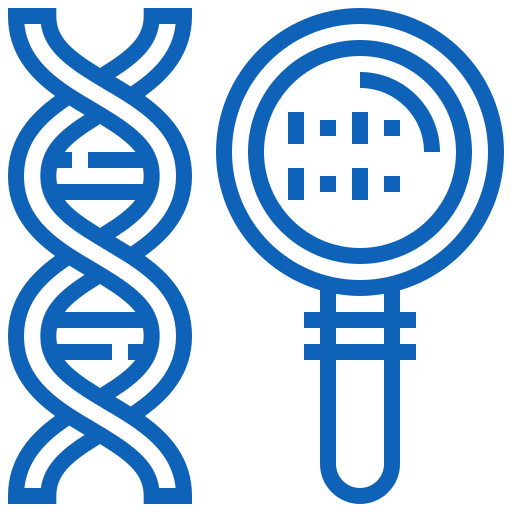Download Our Essential Guide to RNA-seq Data Analysis
Colorectal cancer remains one of the leading causes of cancer-related deaths worldwide. As scientists strive to unravel its mysteries, the need for robust and efficient computational workflows has never been greater.
In a recent white paper, Computational Workflows for Analyzing RNA-seq Data from Colorectal Cancer Cells, Professor Dmitrij Frishman explores how Almaden Genomics’ g.nome® platform, can simplify the RNA-seq data analysis process with a low-code/no-code interface, enabling researchers without extensive computational backgrounds to conduct sophisticated analyses efficiently.
Explore detailed case studies showcasing how easy and effective g.nome is in conducting differential gene expression analysis, single-cell transcriptomics, and survival analysis, enhancing both diagnostic and therapeutic strategies.
Complete the form to download our whitepaper today.
In a recent white paper, Computational Workflows for Analyzing RNA-seq Data from Colorectal Cancer Cells, Professor Dmitrij Frishman explores how Almaden Genomics’ g.nome® platform, can simplify the RNA-seq data analysis process with a low-code/no-code interface, enabling researchers without extensive computational backgrounds to conduct sophisticated analyses efficiently.
Explore detailed case studies showcasing how easy and effective g.nome is in conducting differential gene expression analysis, single-cell transcriptomics, and survival analysis, enhancing both diagnostic and therapeutic strategies.
Complete the form to download our whitepaper today.
GET THE WHITE PAPER NOW
Discover the Future of Colorectal Cancer Research with g.nome®

Accelerated RNA Sequencing Analysis

Robust Single-Cell Transcriptomics Capabilities

Simple Survival Analysis
 About the Author
About the Author
Professor Dmitrij Frishman received a M.S. in Biomedical Electronics from the Saint Petersburg Electrotechnical University and a Ph.D in Biochemistry from the Russian Academy of Sciences. He is a Professor of Bioinformatics at the Technical University of Munich.
Prof. Frishman's current research interest focus on protein structure prediction, genome annotation, analysis of protein interactions, cancer bioinformatics, mRNA evolution, and virus bioinformatics. His group is heavily involved in analyzing NGS data in coordination with experimental labs and clinical groups.
Professor Frishman was intrigued with the possibility of automating some of the routine tasks by using the g.nome system in the cloud.
Want to read more? Download the white paper below.
